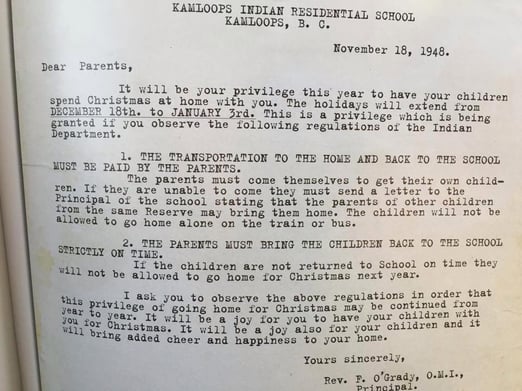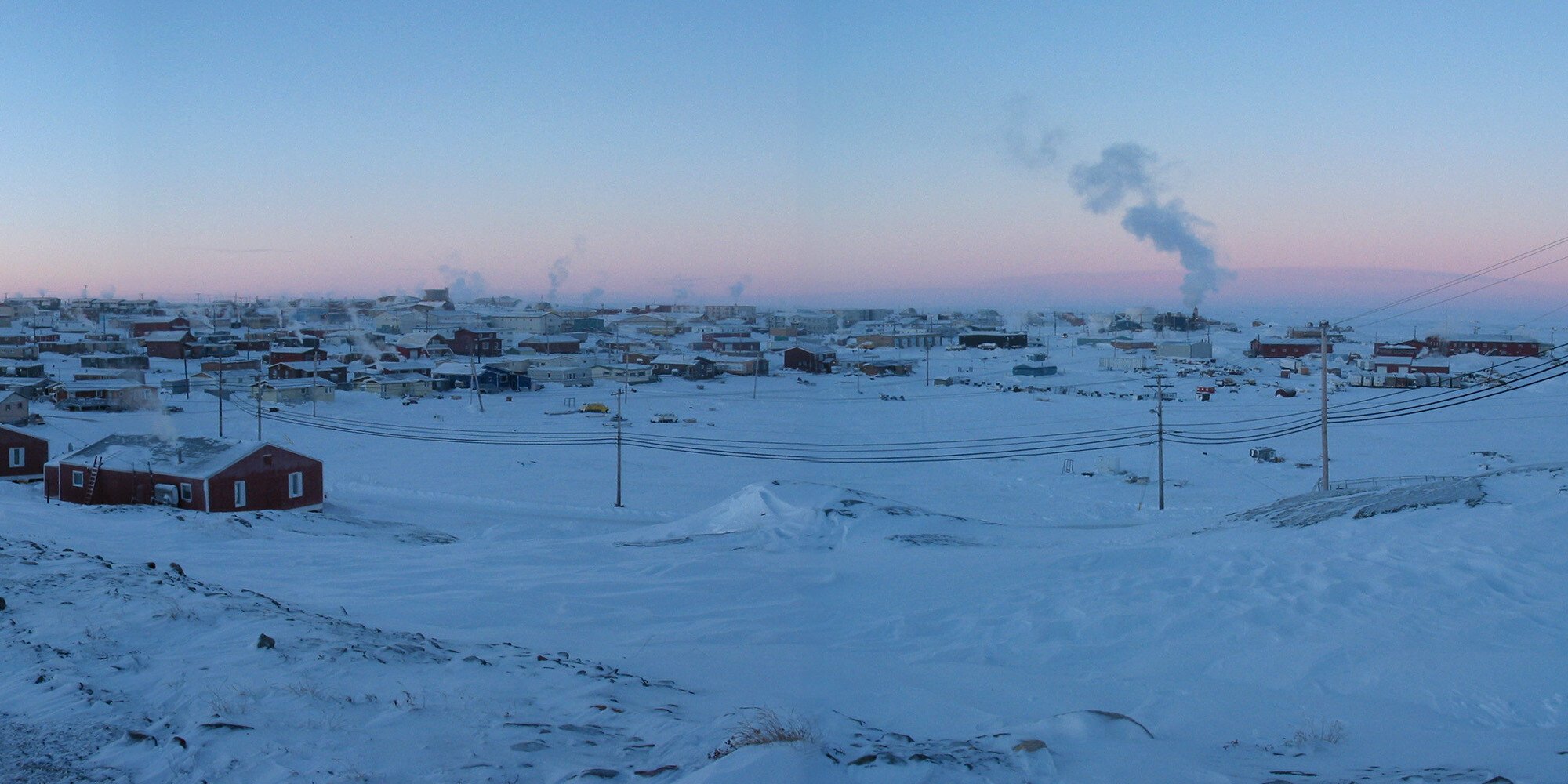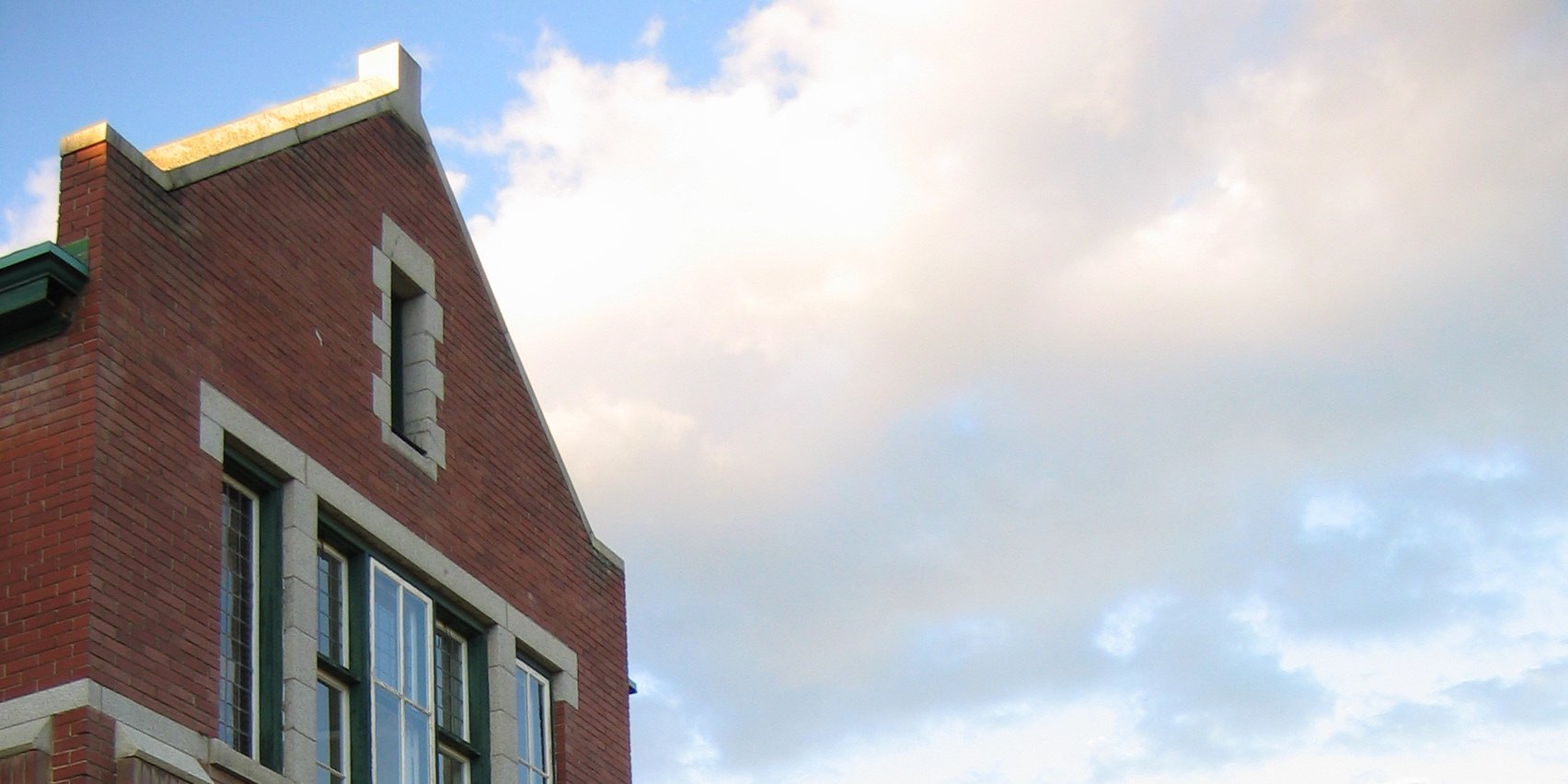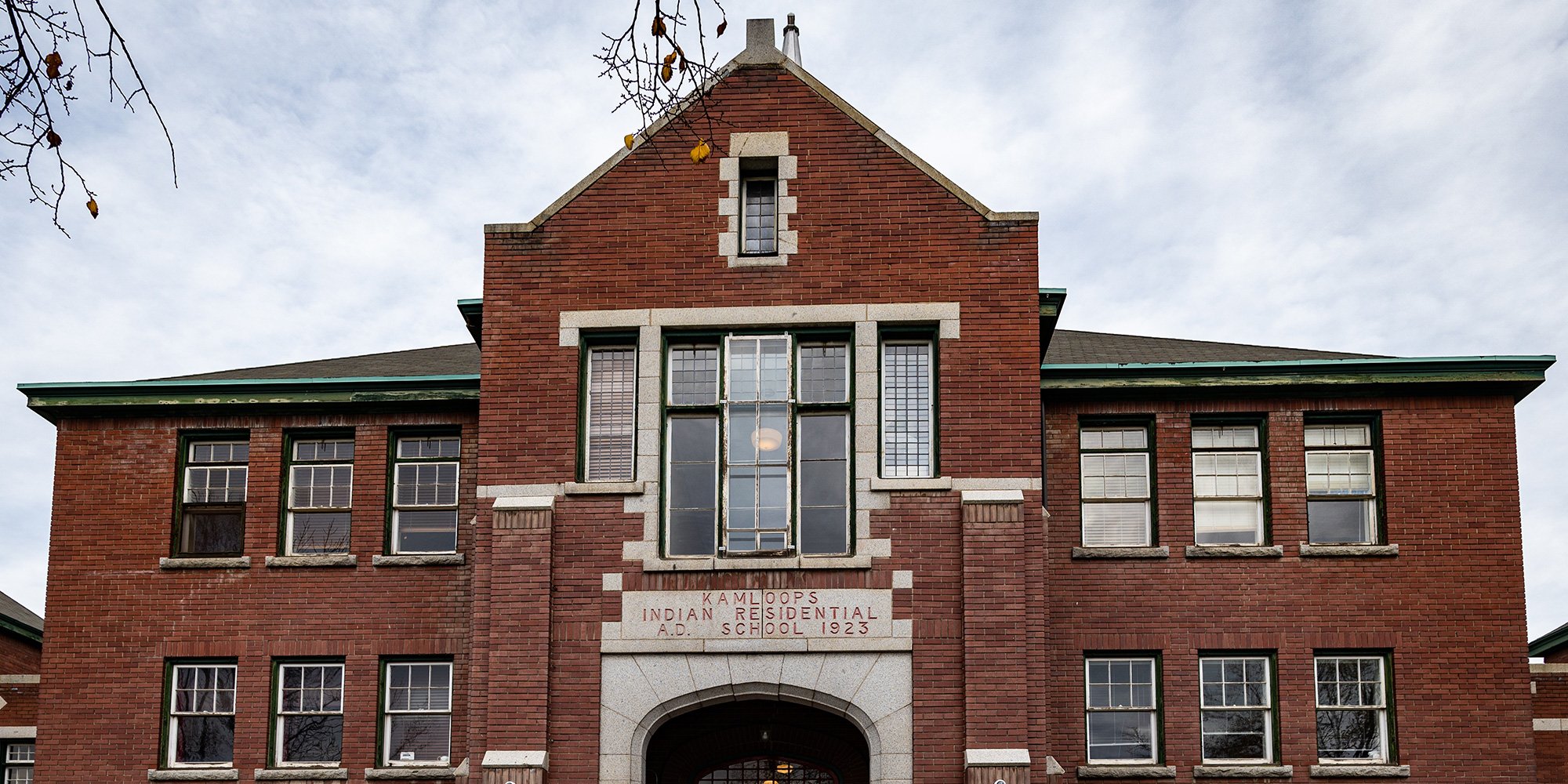The Significance of IRSSA-Recognized Schools in Indigenous Relations
Many educational programs and documents that recount the history of Indian Residential Schools in Canada will state that 1996 was the year that...

There is a Canadian Press and Steve Lambert article out with a headline that reads "Online brochure tells lodge visitors aboriginals have 'intolerance' for alcohol." It was published in the Calgary Herald, CBC News Aboriginal, News1130 online, and other places.
I had a quick look for the 37-page brochure on the Laurie River Lodge located near Lynn Lake in Manitoba but was unable to find it on their website so I’m relying on the Canadian press article, and here is a quote as reported by Steve Lambert and the Canadian Press.
We use Cree Indian guides from the town of Pukatawagon (sic) in northern Manitoba. They are wonderful people and fun to fish with however, like all native North Americans, they have a basic intolerance for alcohol. Please do not give my guides alcohol under any circumstances.
It does not surprise me to hear such things anymore. Usually, it’s in private when such statements are made.
Looks like somebody could use our Indigenous awareness training!
It’s a pervasive stereotype that there is an alcohol intolerance. A more plausible scientific perspective may prove more helpful. It just so happens I have one. I’d like to draw your attention to B.F. Skinner, the psychologist, said we are all products of our environment; we learn our values, behaviours, attitudes, and beliefs from the worlds that we grow up in.

Consider Indigenous populations. When we look at populations through Skinner's lens we can see that there has been a breakdown in the social fabric of communities as a result of Indian residential schools and Canadian Indian policies of assimilation. Indigenous children were taught in the schools that everything about them was wrong, their language and culture and that their parents had abandoned them. Both sides of the family were affected - the parents suffered the trauma of losing their kids and the children suffered the trauma of feeling abandoned by their parents - this deeply rooted trauma is the cause of the coping mechanisms (alcoholism) that we see present in Indigenous populations across the country.
Simply put, Indigenous children were forcibly removed from their families and communities at the age of 6-16 to go to church-run, government-funded institutions geared specifically to assimilation. As a result, these children were not raised in kind, caring, loving families or communities but in prison-like environments where they learned prison survivor skills. There they were completely traumatized by the experience. Many survivors and that’s what they call themselves, came out and tried to cope with the breakdown in the core family and community environments. Some, not all, used alcohol and other means to cope, and have passed those behaviours down from generation to generation as the schools closed down years ago.
From a scientific perspective, it’s a breakdown in individual, family, and community values that are being passed along from generation to generation and that is why we see problems with alcohol in some, not all, people and communities across the country. For the record, it’s something that many individuals and communities acknowledge and have begun to move down the path of what is often referred to as a "healing" process.
Here are other articles on this site that are related to the intergenerational aftereffects of Indian Residential Schools:
And here's an article that takes a look at the Indian Act's prohibition of alcohol for First Nations:
So there you have it. Indigenous alcohol Intolerance. A brutal stereotype or breakdown of the family and community? You decide.
Featured photo: Unsplash

Many educational programs and documents that recount the history of Indian Residential Schools in Canada will state that 1996 was the year that...

Fifty-eight percent of young adults living on reserve in Canada have not completed high school, according to the 2011 National Household Survey...

There has been some discussion in the media recently about those who attended residential school having post-traumatic stress disorder, sometimes...